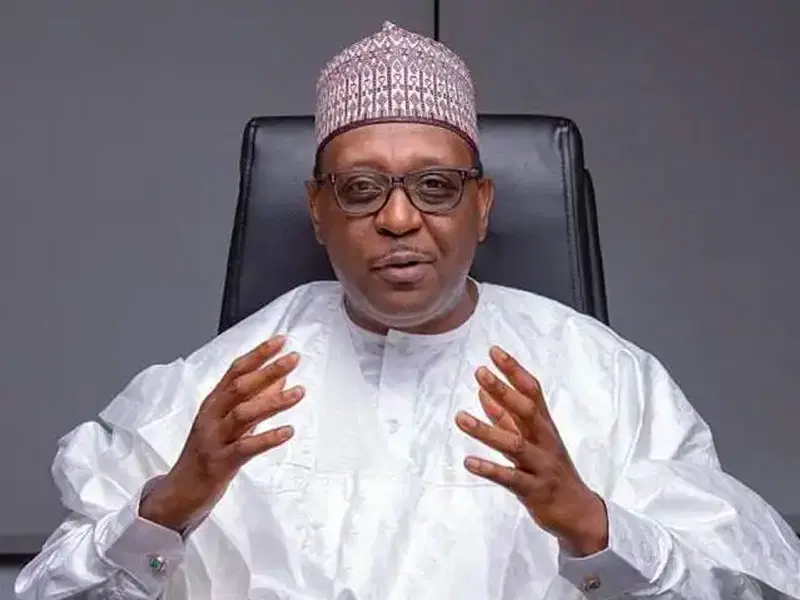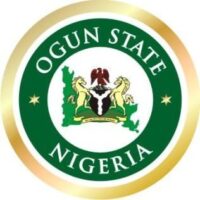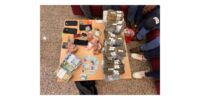By Uche Usim and Chinwendu Obienyi
The soaring cost of essential medicines, which has climbed to as high as 300 per cent in the past 18 months, has forced many citizens to abandon conventional medical care and turn to unsafe, unregulated alternatives.
Also on the rise are incidents of risky self-medication, abuse of herbal remedies and the belief in the potency and miracle cures of charm and sorcery, especially in rural communities.
Driven by inflation, a volatile currency and heavy reliance on pharmaceutical imports, even basic drugs like paracetamol, antimalarials and antibiotics have become unaffordable for many Nigerians, whose purchasing power has been weakened by the various economic defects.
Health experts warn that the trend could trigger a major public health crisis if urgent measures are not taken.
Already, fake drug traffickers have latched on the challenge to flood the country with cloned but cheaper medicines, further polluting the public health space.
As the National Agency for Food and Drug Administration and Control (NAFDAC) battles fake drug dealers, economic experts insist that crashing the cost of medicines or increasing the purchasing power of Nigerians is the most potent solution to the issue.
However, in May, the Federal Executive Council gave the green light for the creation of MediPool, a group purchasing organisation designed to lower the cost of essential medicines and expand access to quality pharmaceuticals across Nigeria.
Explaining the initiative, the Coordinating Minister of Health and Social Welfare, Professor Muhammad Pate, said MediPool would operate as a public-private partnership, drawing on the federal government’s considerable purchasing power to secure more competitive prices from suppliers and ensure a steadier flow of critical drugs nationwide.
While the gains of the initiative are awaited, many Nigerians, already battling multidimensional poverty, are being slapped with rapidly-increasing costs of medicines almost on a daily basis.
Jane Ekperi, a video vixen based in Bayelsa, lamented. “I used to buy a sachet of paracetamol for N100 just two years ago. Now, it’s between N400 to N500 depending on the shop location. I had to buy Mixagrip for N500 after catching a cold from a shoot rehearsal. Hospital registration cards now cost N25,000 in Bayelsa. It is even worse in Port Harcourt.”
Her story echoes across the country’s urban and rural areas.
In many rural areas, especially states battling insurgency and banditry, locals have resorted to self-help, mixing all sorts of plants to treat themselves since many medicine dealers have been forced to flee.
Uche Esther, a perfume vendor based in Festac, Lagos said, “Anti-malaria drugs that cost N1,500 now sell for over N6,000. An auxiliary nurse now charges N18,000 for home treatment, up from N6,000 almost two years ago. The new anthem is: ‘Avoid falling sick”, she lamented.
In the South East, the horror is not any less.
As the drug dealers and NAFDAC engage in legal fisticuffs over alleged improper sealing of their shops, there are concerns over the medical safety status of the consumables.
Kalu Anaga, a medicine dealer in Umuahia, said the cost of importation of the medical consumables has continued to rise, forcing dealers to pass on to consumers to remain afloat.
“How I buy is how I’ll sell. It’s business. I’m not the government that subsidises medicines”, he said.
Maxwell Bidemi, a medicine dealer in Abuja, said the cost of importation has continued to increase, praying that the FG’s MediPool initiative comes alive quickly.
“The health sector in the country is under tremendous pressure. As dealers, we face frequent hikes in import costs. It’s a major challenge. We’re yet to feel the impact of the MediPool thing”, he lamented.
The spike in medicine prices comes amid persistent macroeconomic instability.
Since mid-2023, Nigeria has been grappling with the effects of fuel subsidy removal, currency devaluation and trade bottlenecks. Annual inflation hit 28.92 per cent in December 2024, while healthcare-related inflation has far outpaced the general index, according to the National Bureau of Statistics (NBS).
Currently, inflation decreased to 21.88 per cent in July from 22.22 per cent in June.
However, many Nigerians still avoid formal healthcare entirely.
Alhassan Sodiq, a barber in Orile, Lagos, said, “People are turning to traditional herbs, but it is dangerous. My cousin with fibroids could not afford proper treatment and used herbs. The fibroid got worse. We had to borrow to take her to a hospital. We are still in debt.”
While patients face the burden on the demand side, pharmaceutical manufacturers and importers are also under immense pressure.
For instance, Nigeria imports roughly 70 per cent of its pharmaceutical products and with the naira now trading above N1,500/$1, the cost of importation has become prohibitive.
Local drug producers, though willing to fill the gap, complain of high interest rates, poor infrastructure and inconsistent policy support.
A senior employee of Afrimed Pharmaceuticals Limited who did not want his name in print, said the company is not increasing prices because it wants to exploit people, rather the cost of importing pharmaceutical ingredients has more than tripled due to the naira crash.
He said, “Most of our inputs are dollar-denominated and forex is scarce. We have also seen a 70 per cent rise in logistics and energy costs. So, I will say that we are doing our best to keep supply stable, but without targeted government intervention, they risk shutting down. We need FX prioritisation for healthcare inputs and funding support for local manufacturing. Otherwise, the black market and unregulated medicine will only keep growing.
“The entire supply chain is broken. We are at risk of losing the healthcare market to fake and substandard products because people cannot afford the genuine ones.”
According to Dr. Chioma Nnadi, a Lagos-based public health expert, the implications are dangerous.
“We are heading toward a public health crisis, people are self-medicating, relying on quacks and delaying treatment until it is too late.
“This is not just a healthcare issue anymore. It is an economic time bomb.”
Social commentators insist that unless urgent interventions are made such as subsidising essential drugs, supporting local production and improving regulation, the nation may face a spike in preventable illnesses and mortality.


















Leave a comment